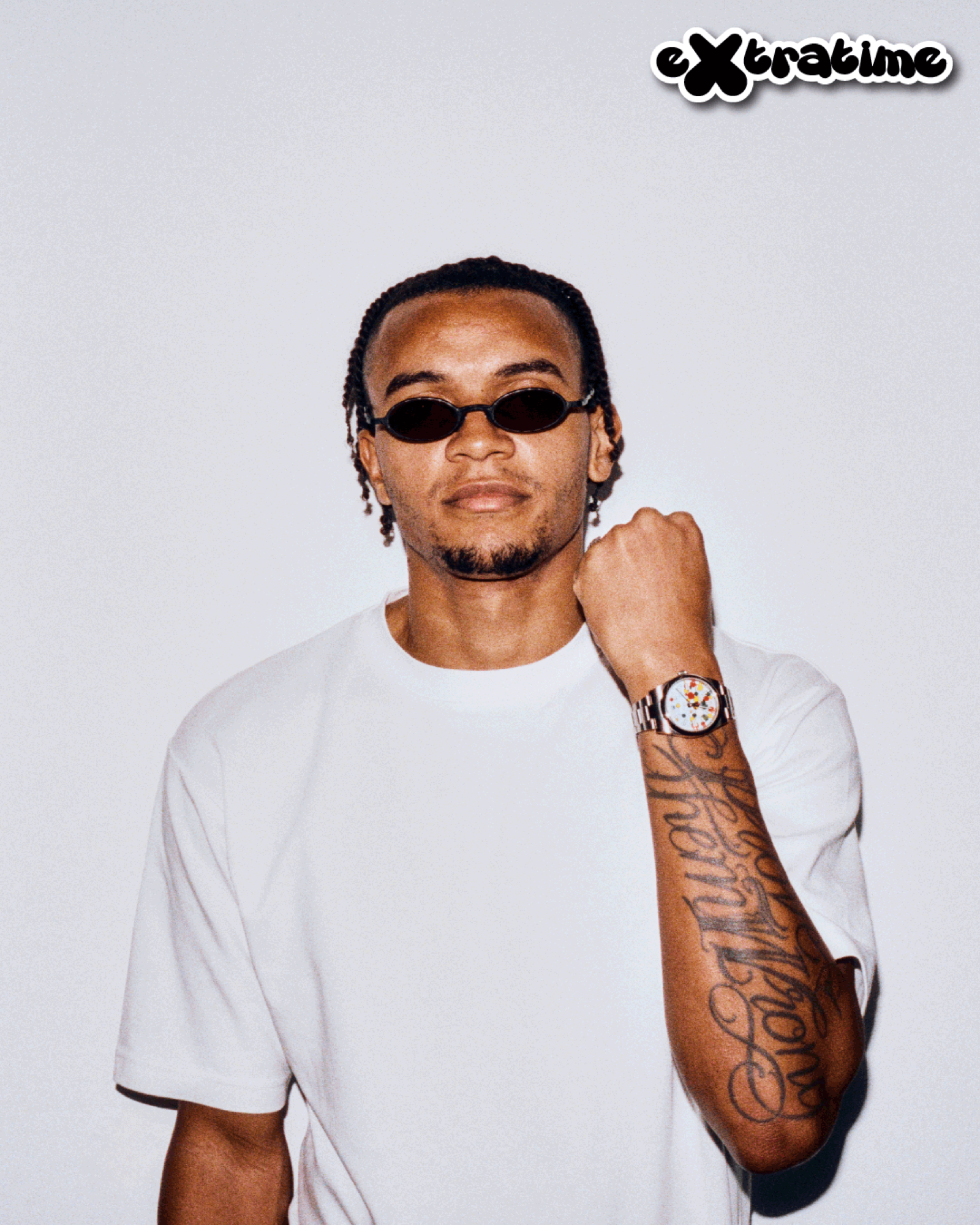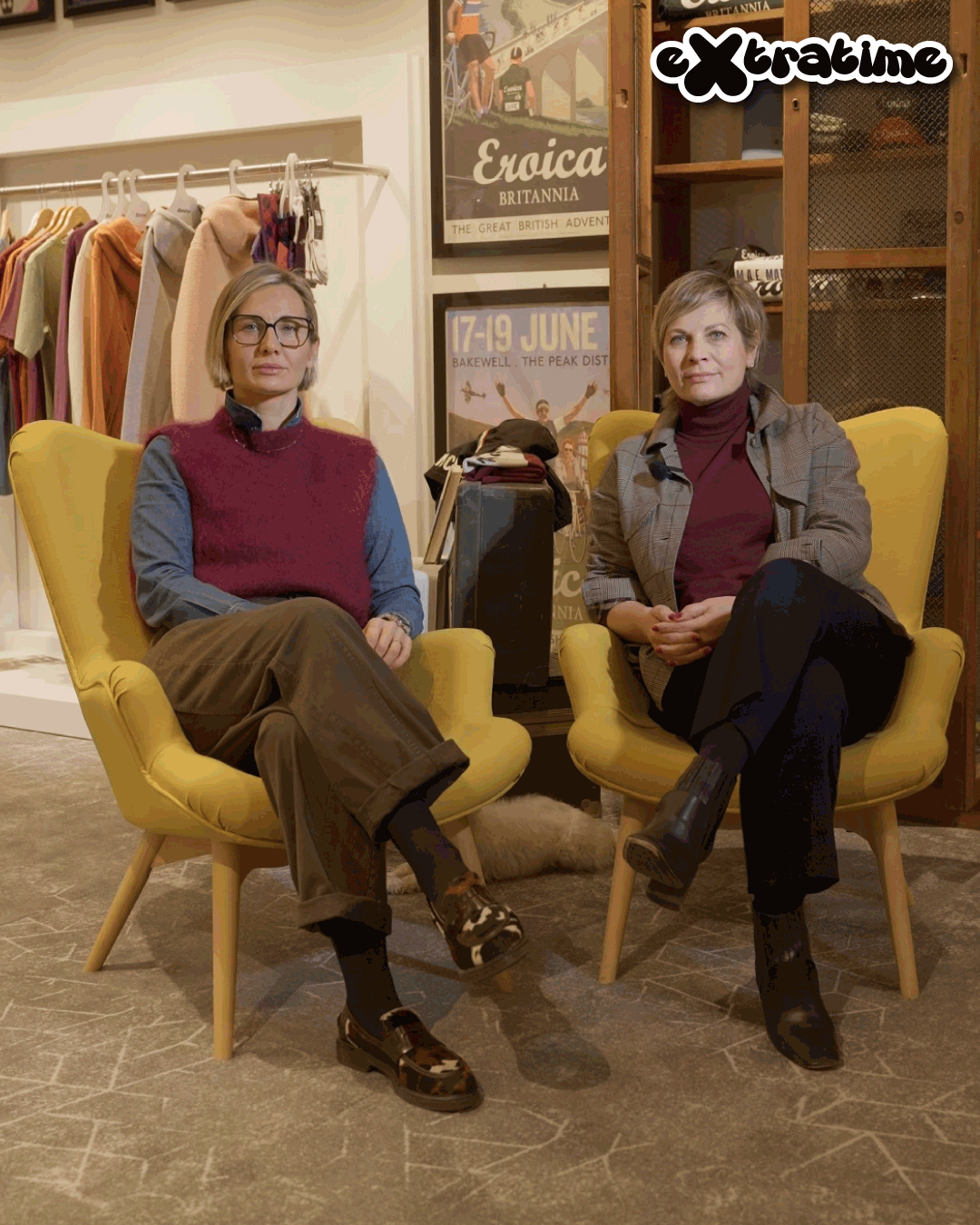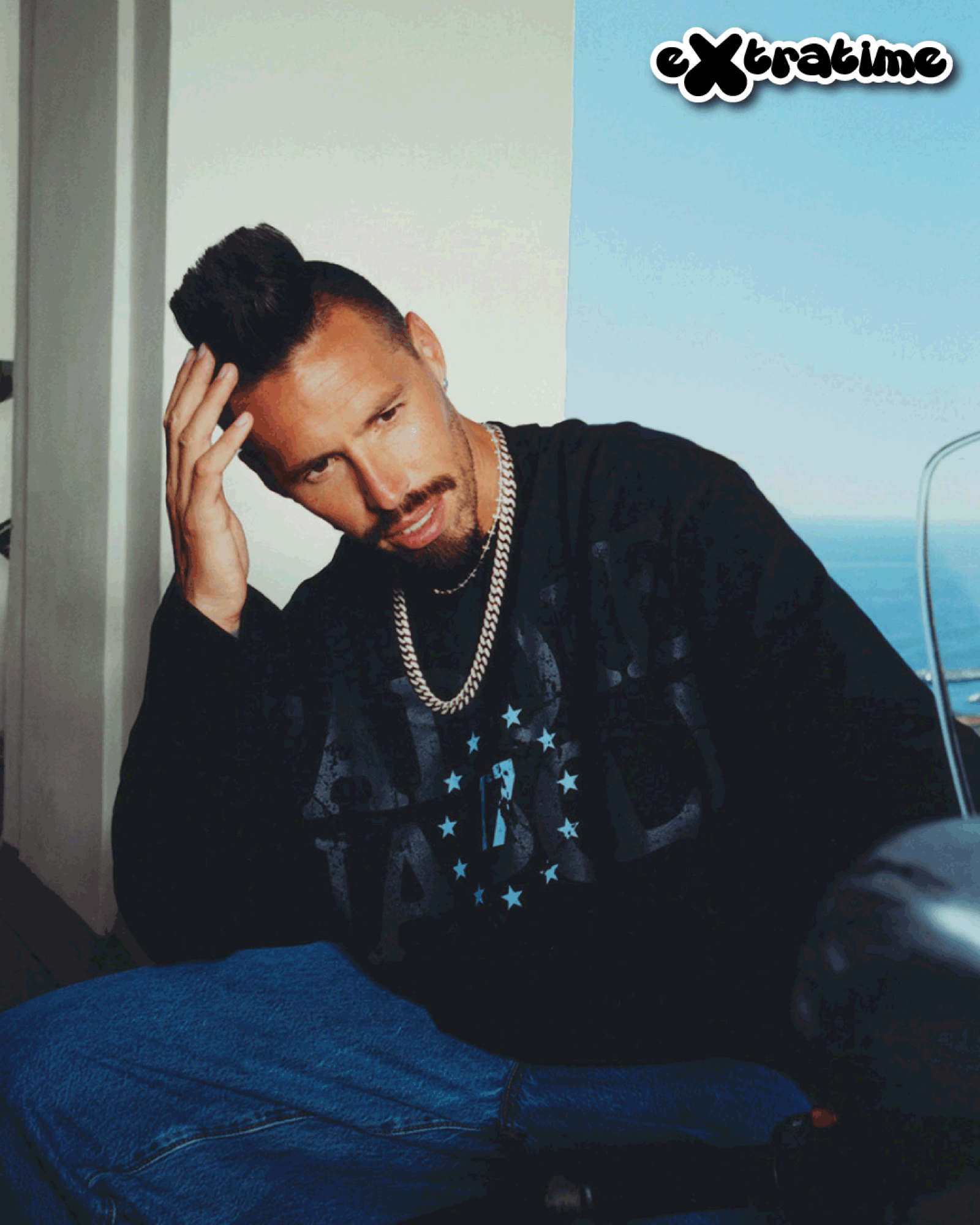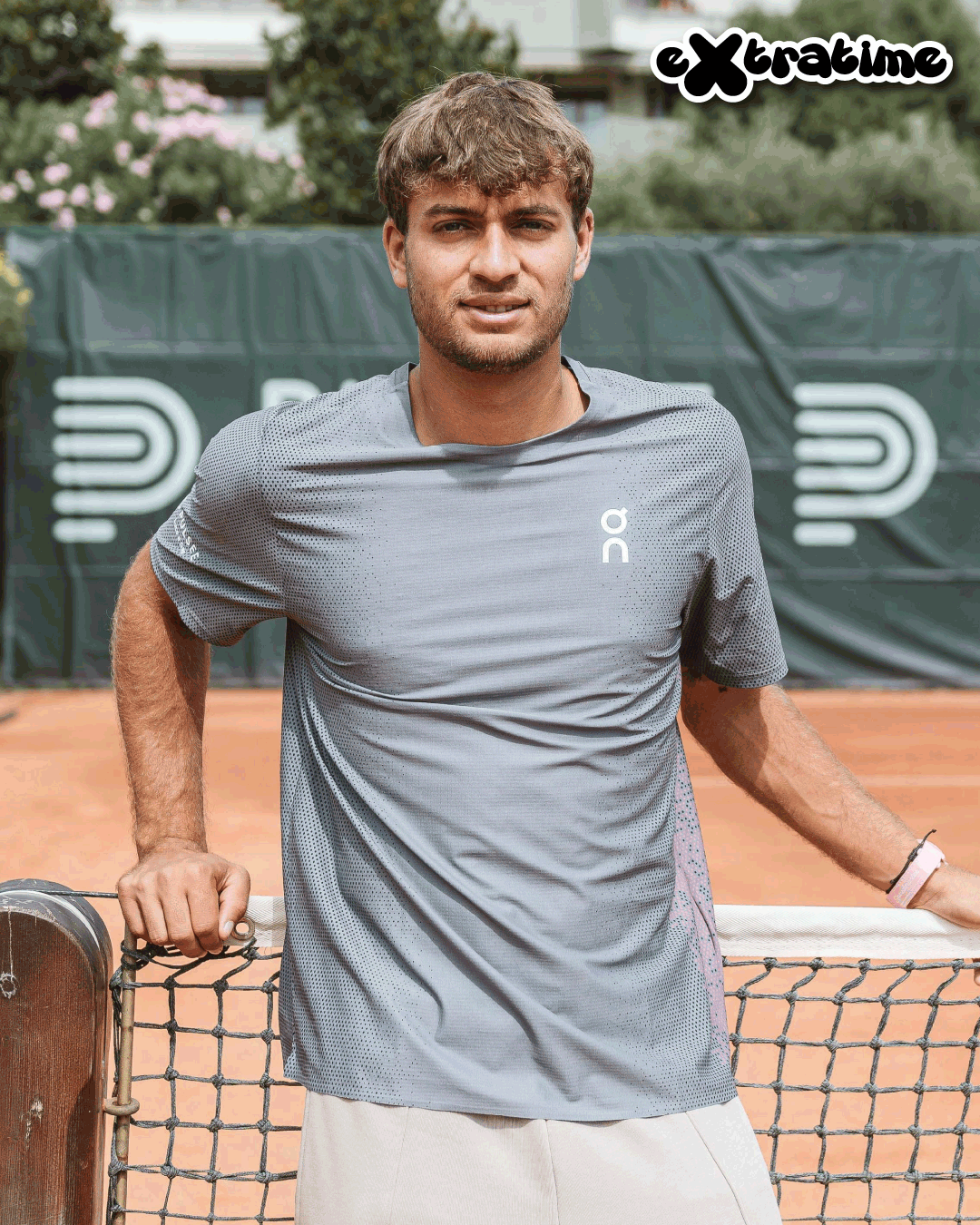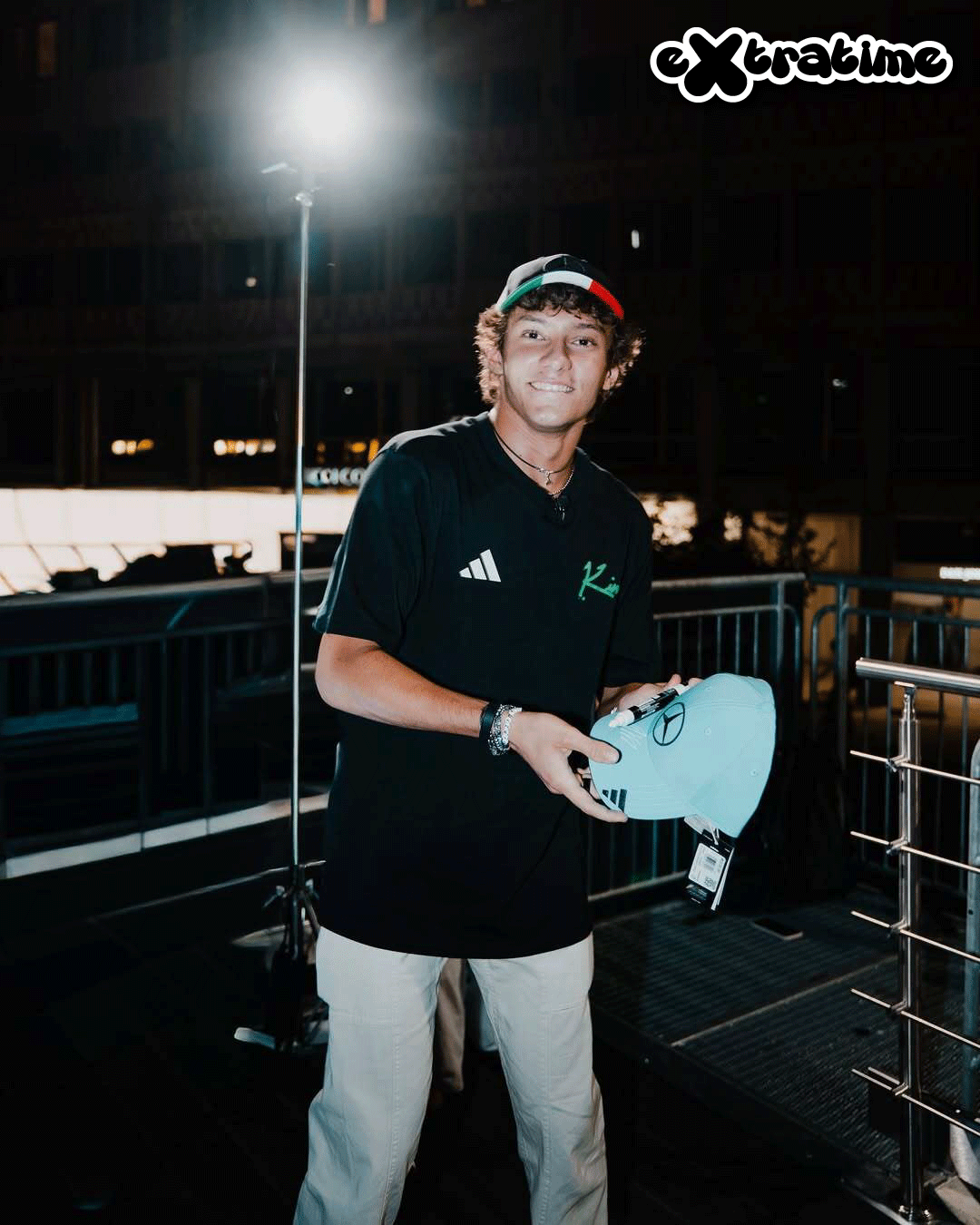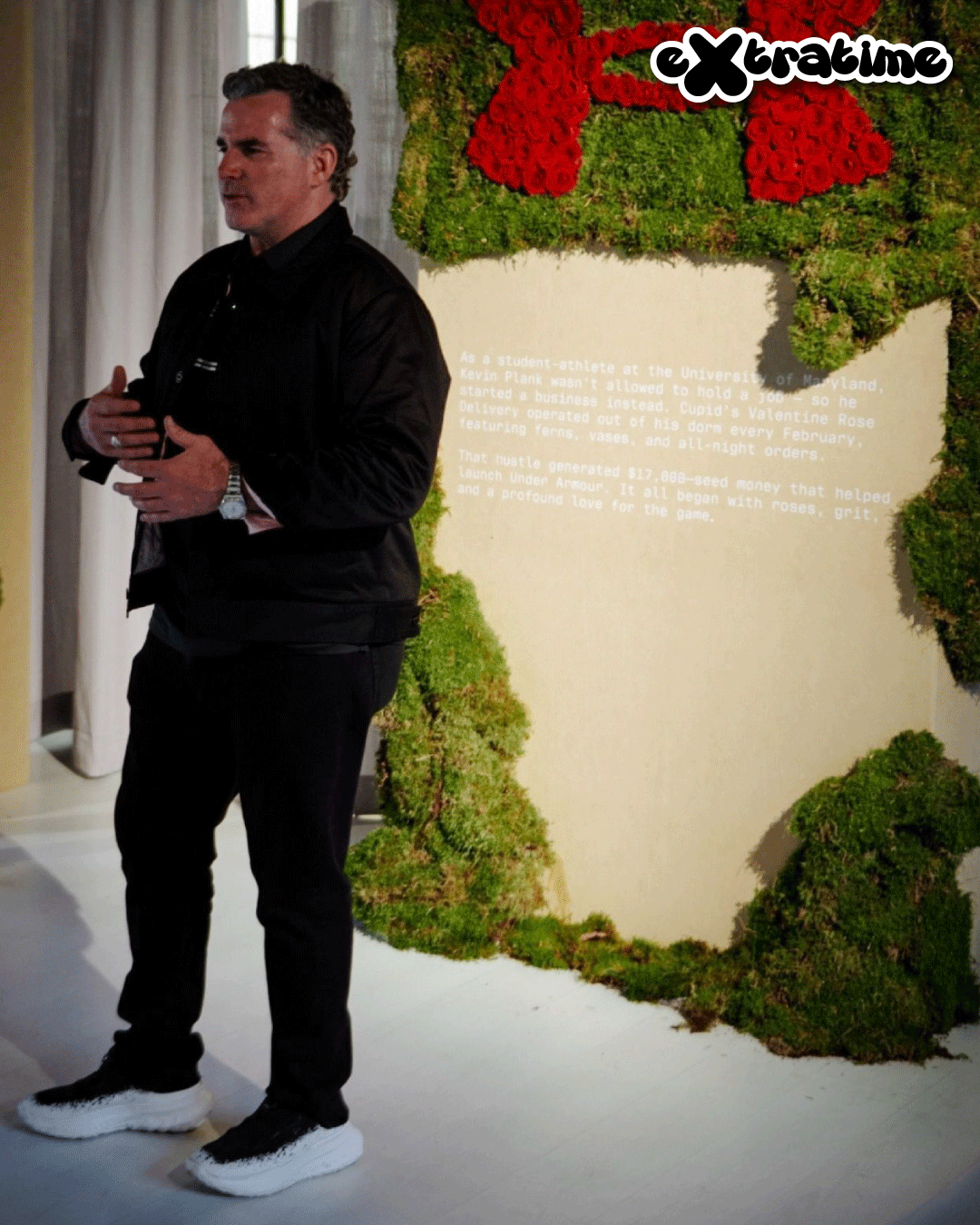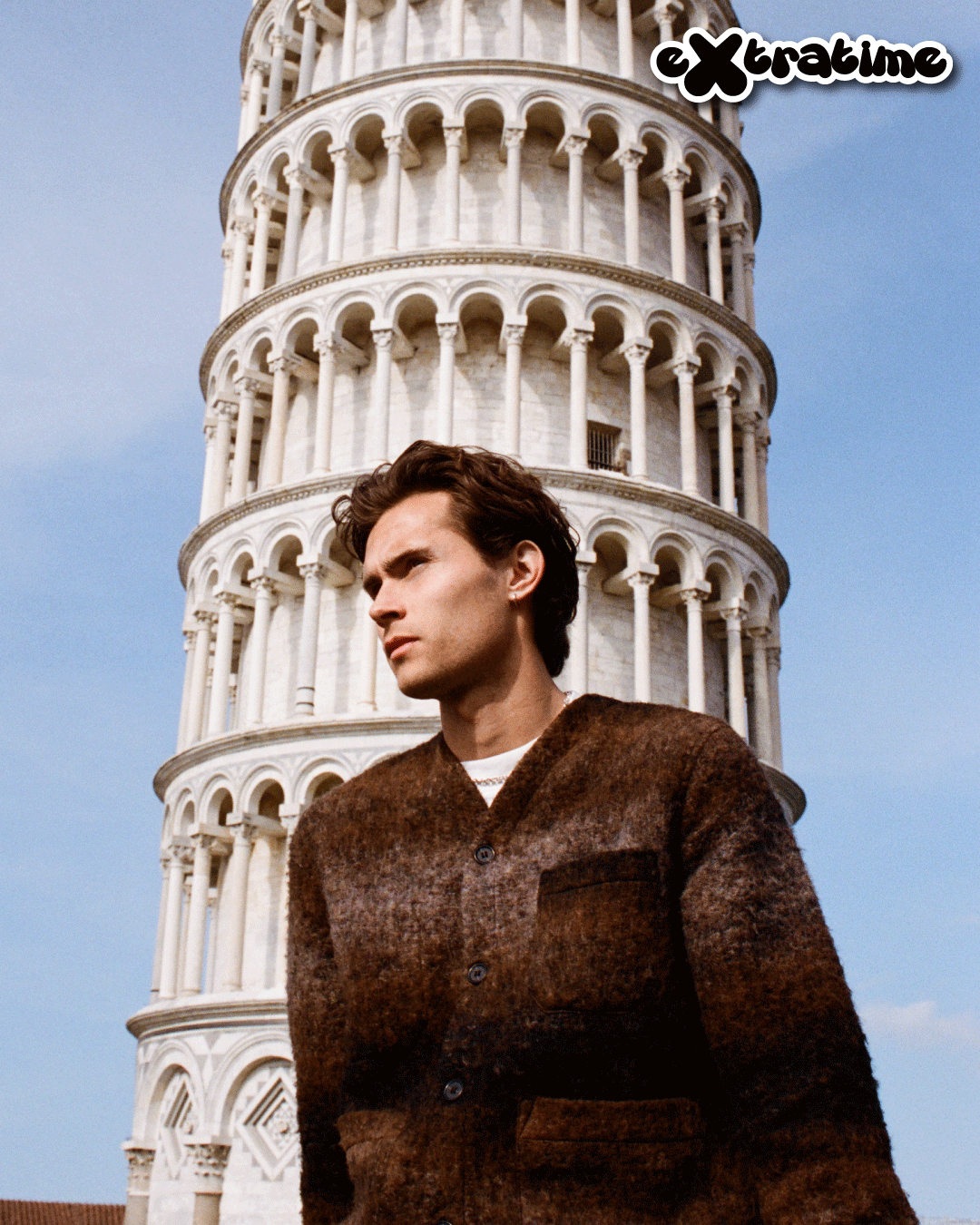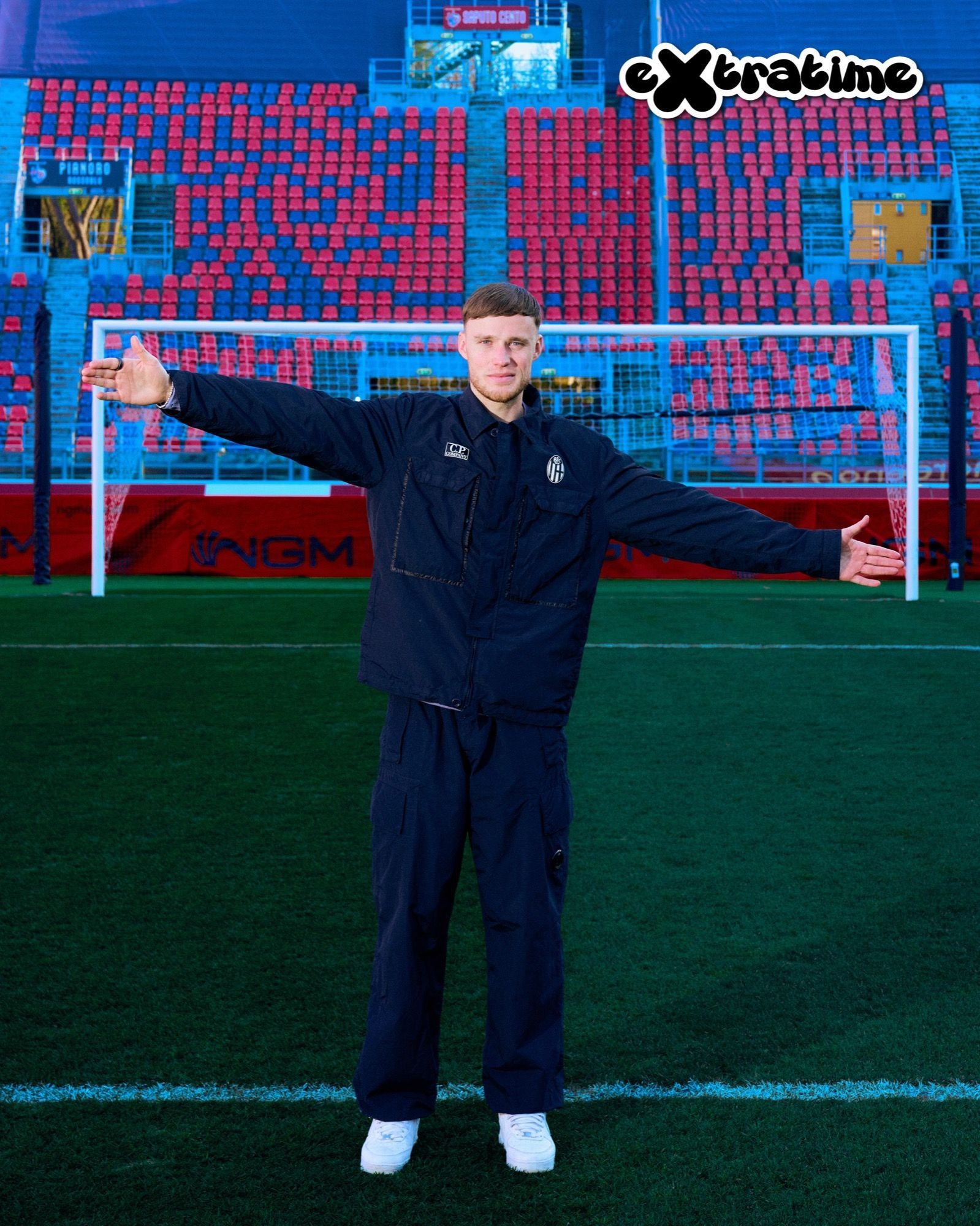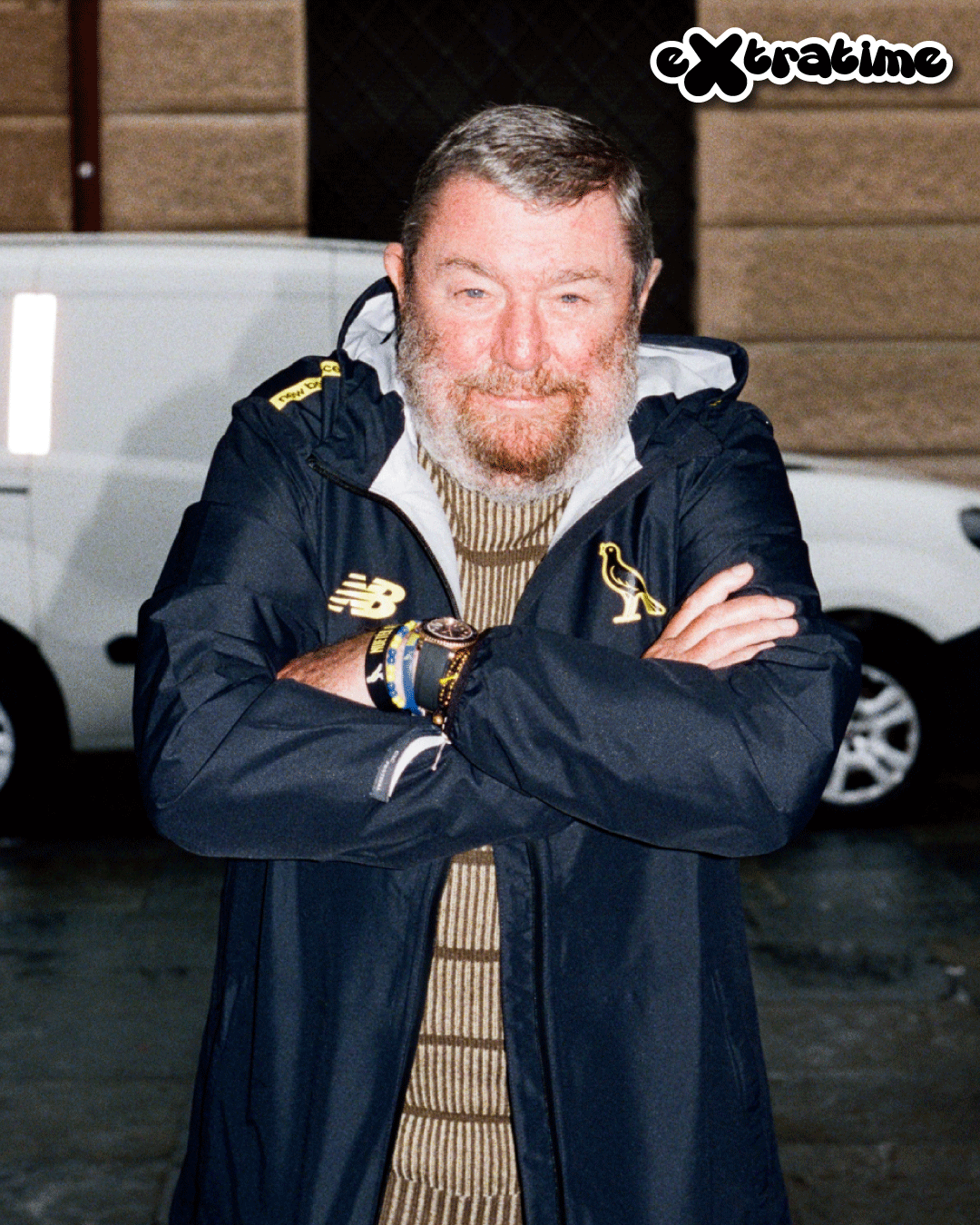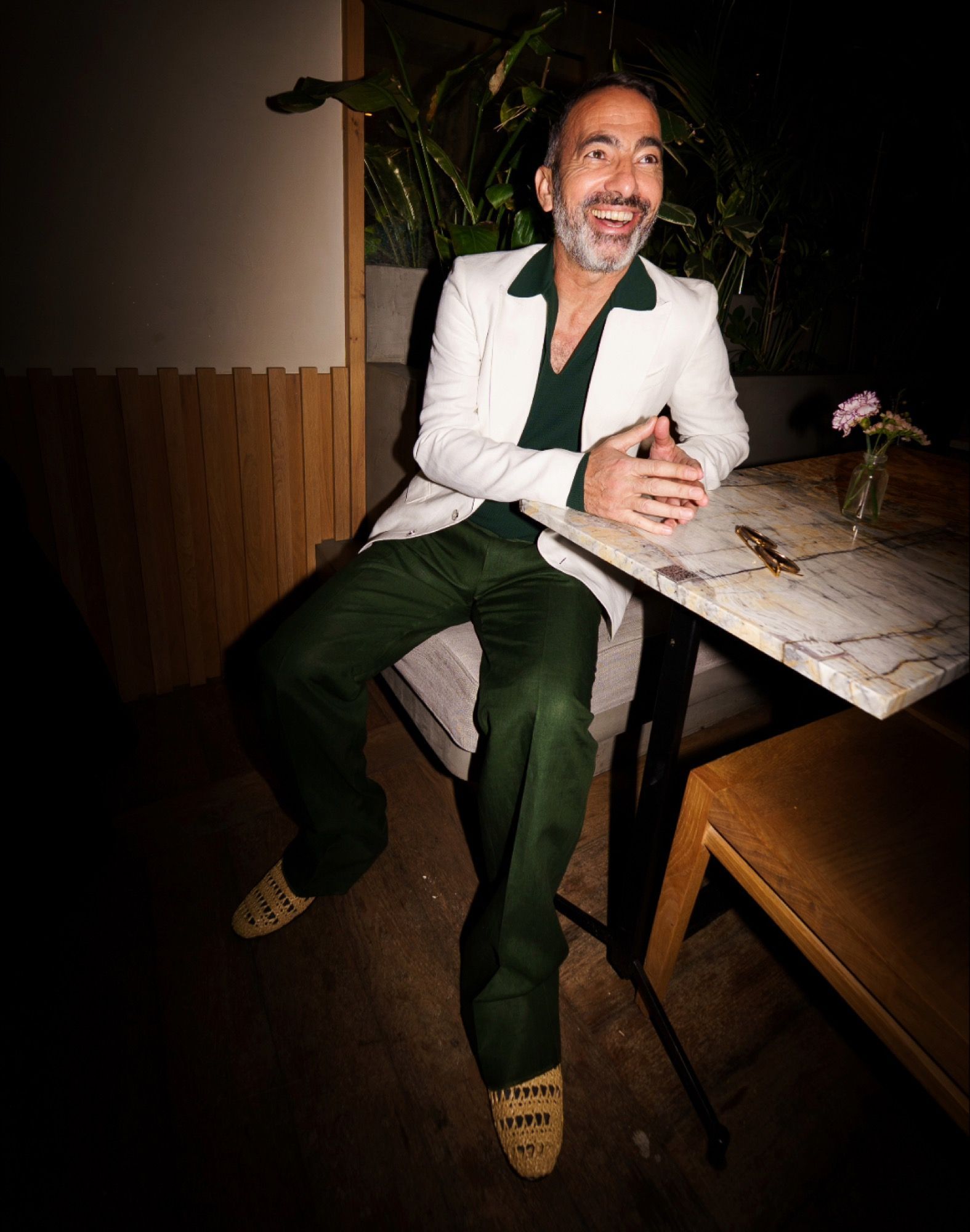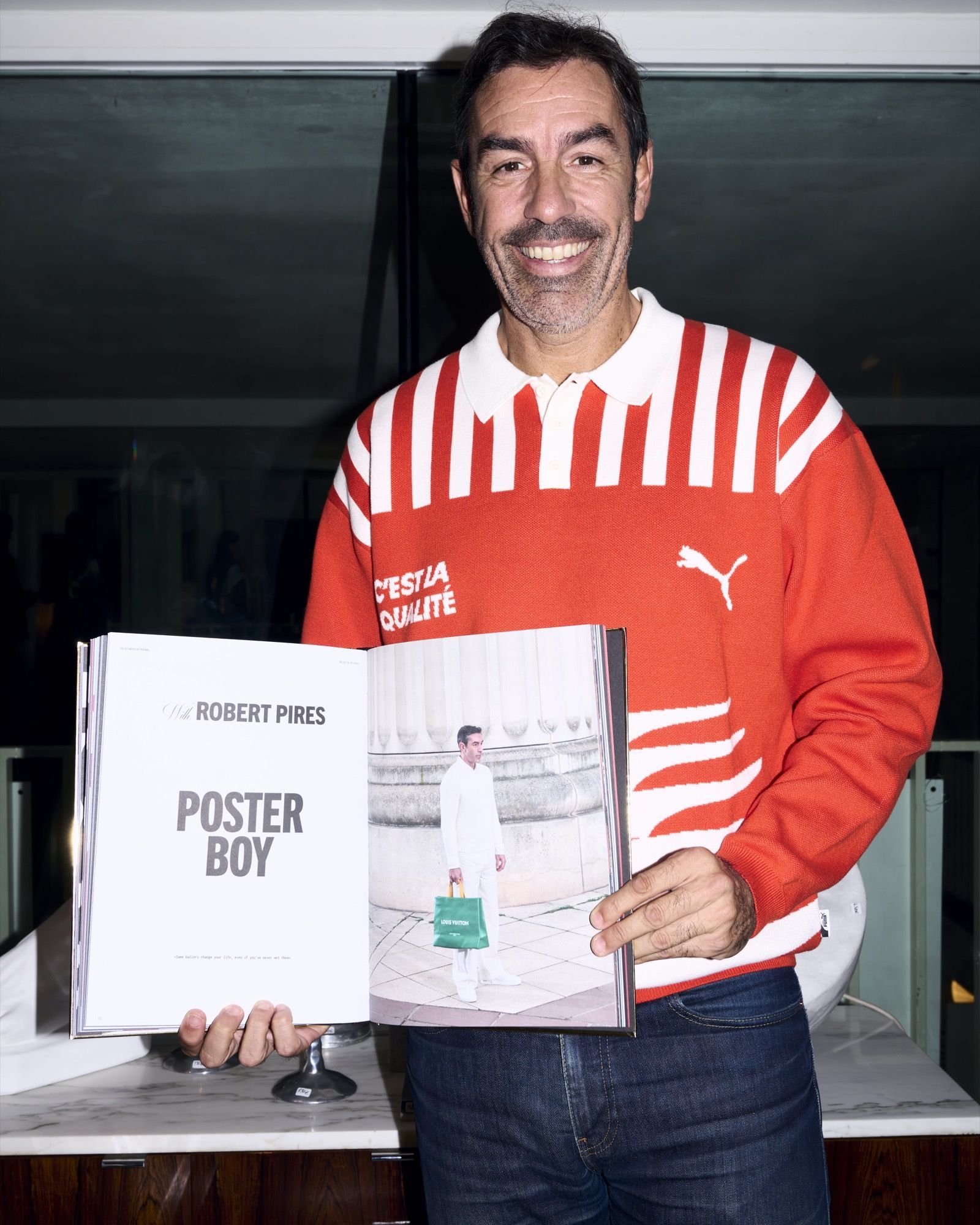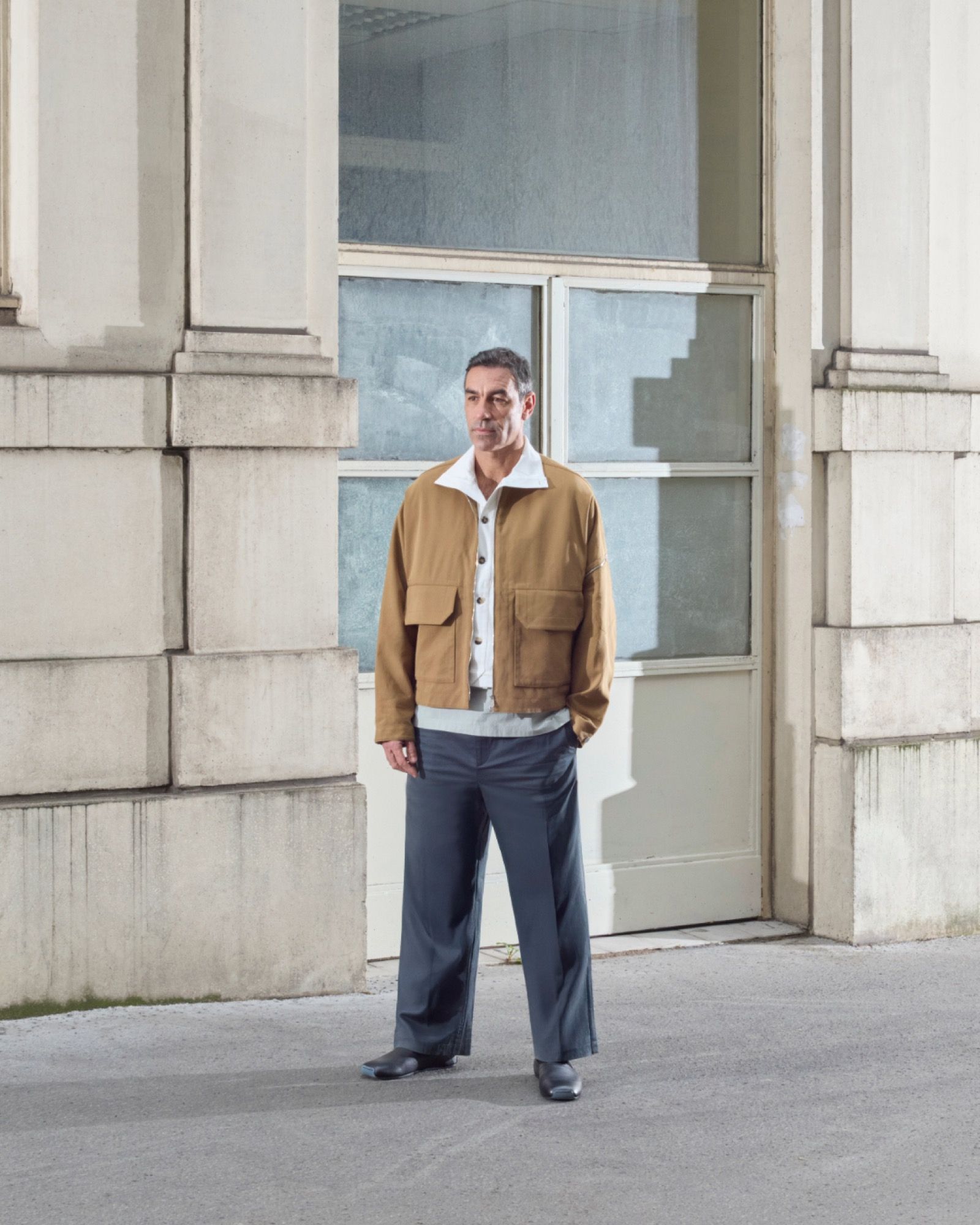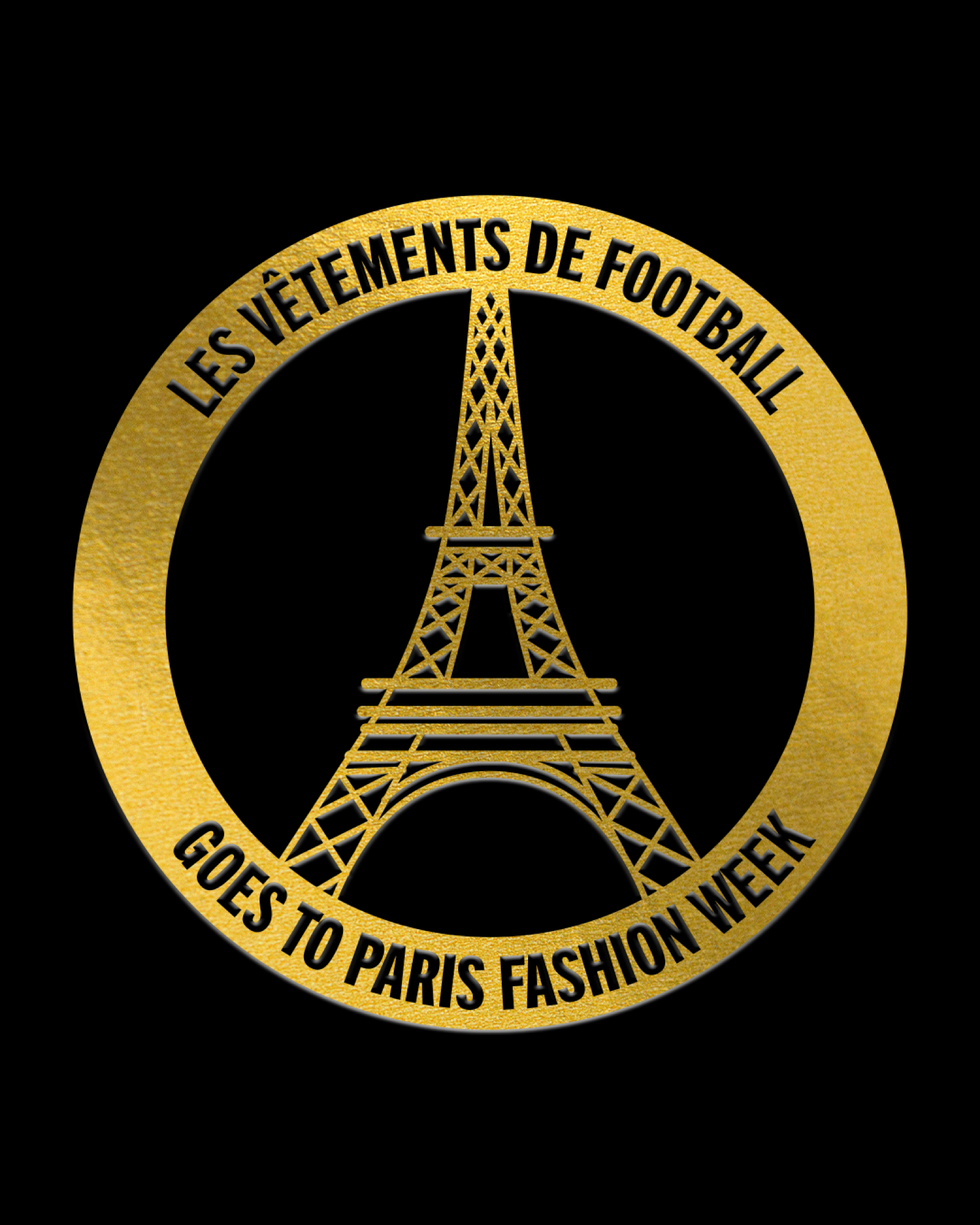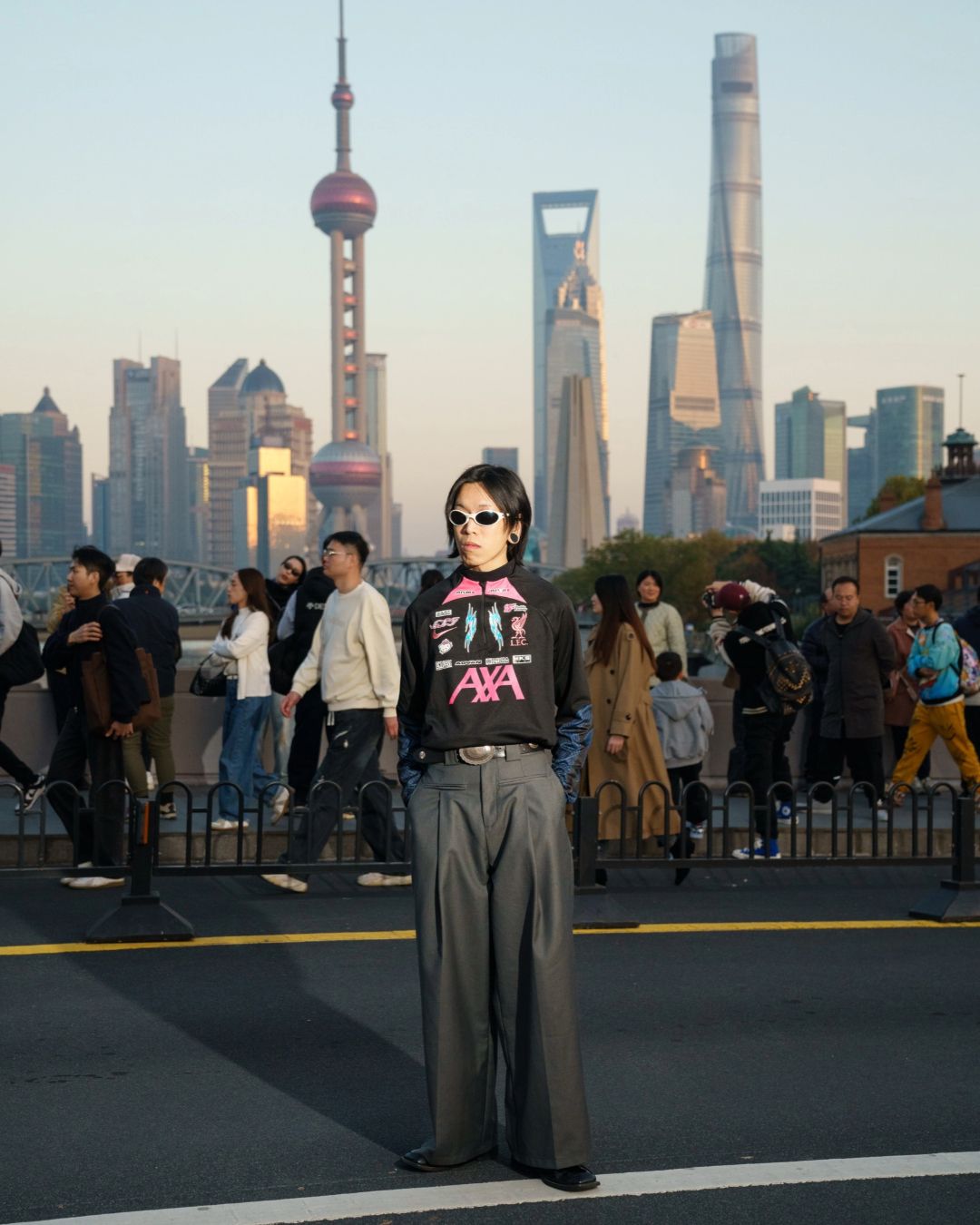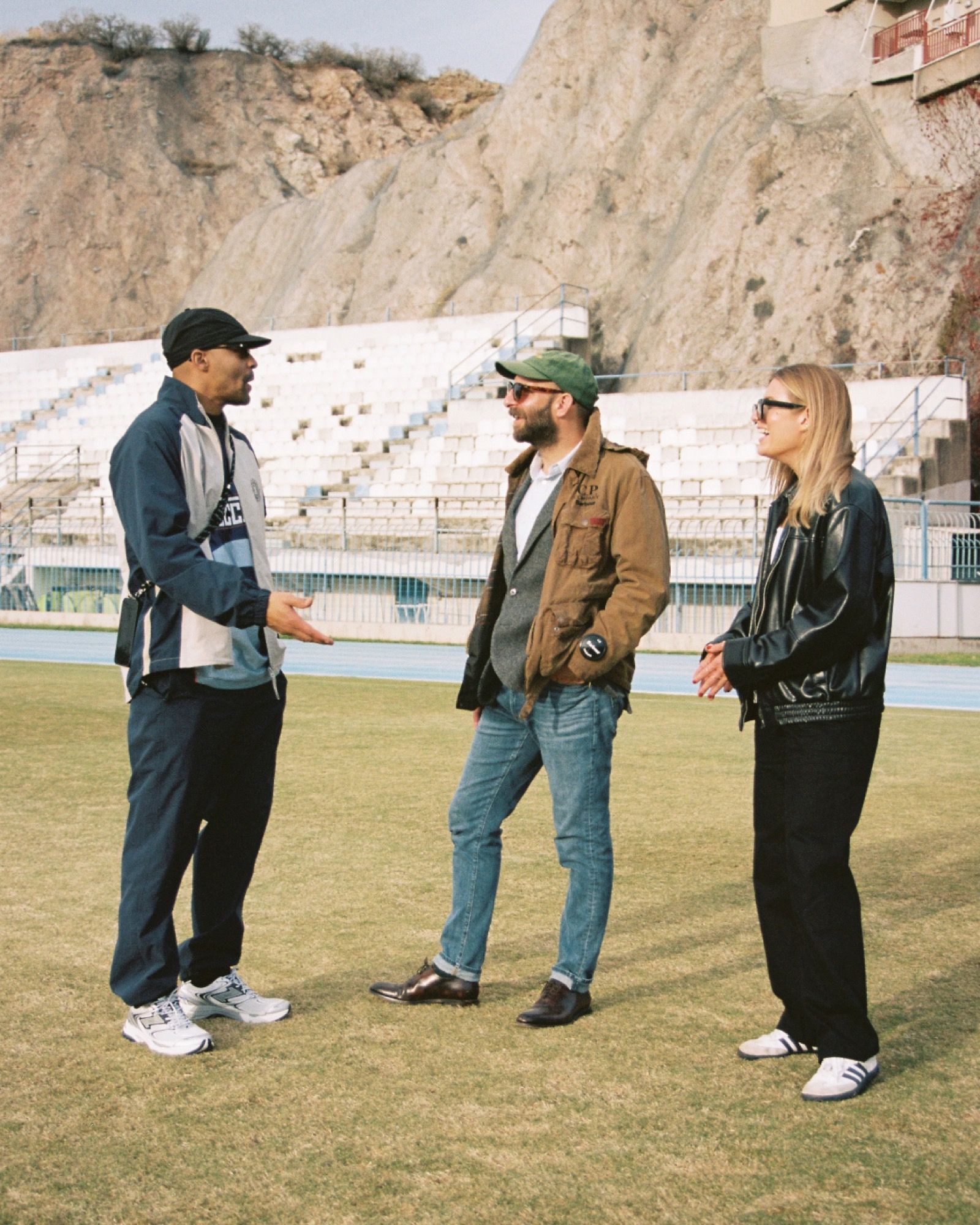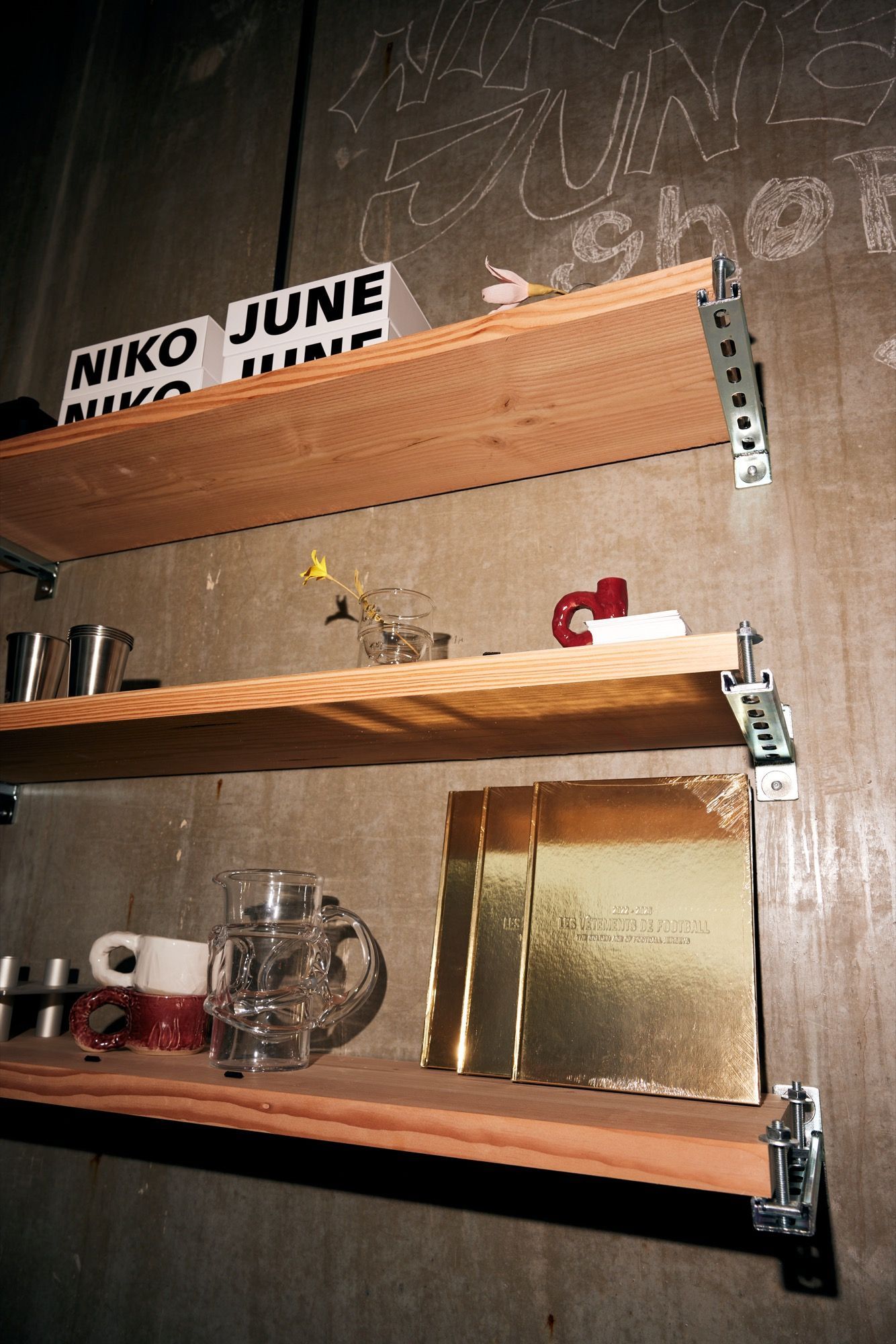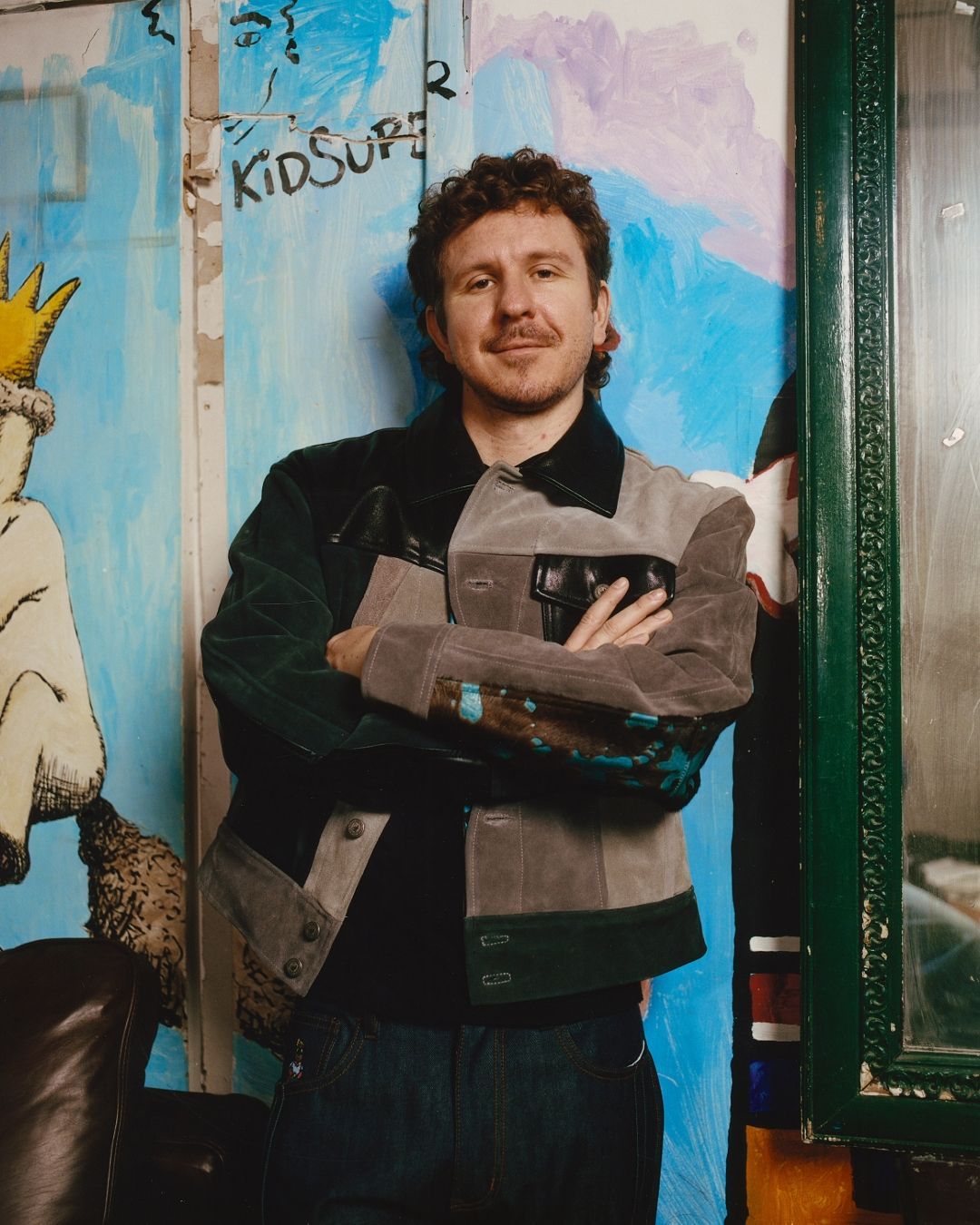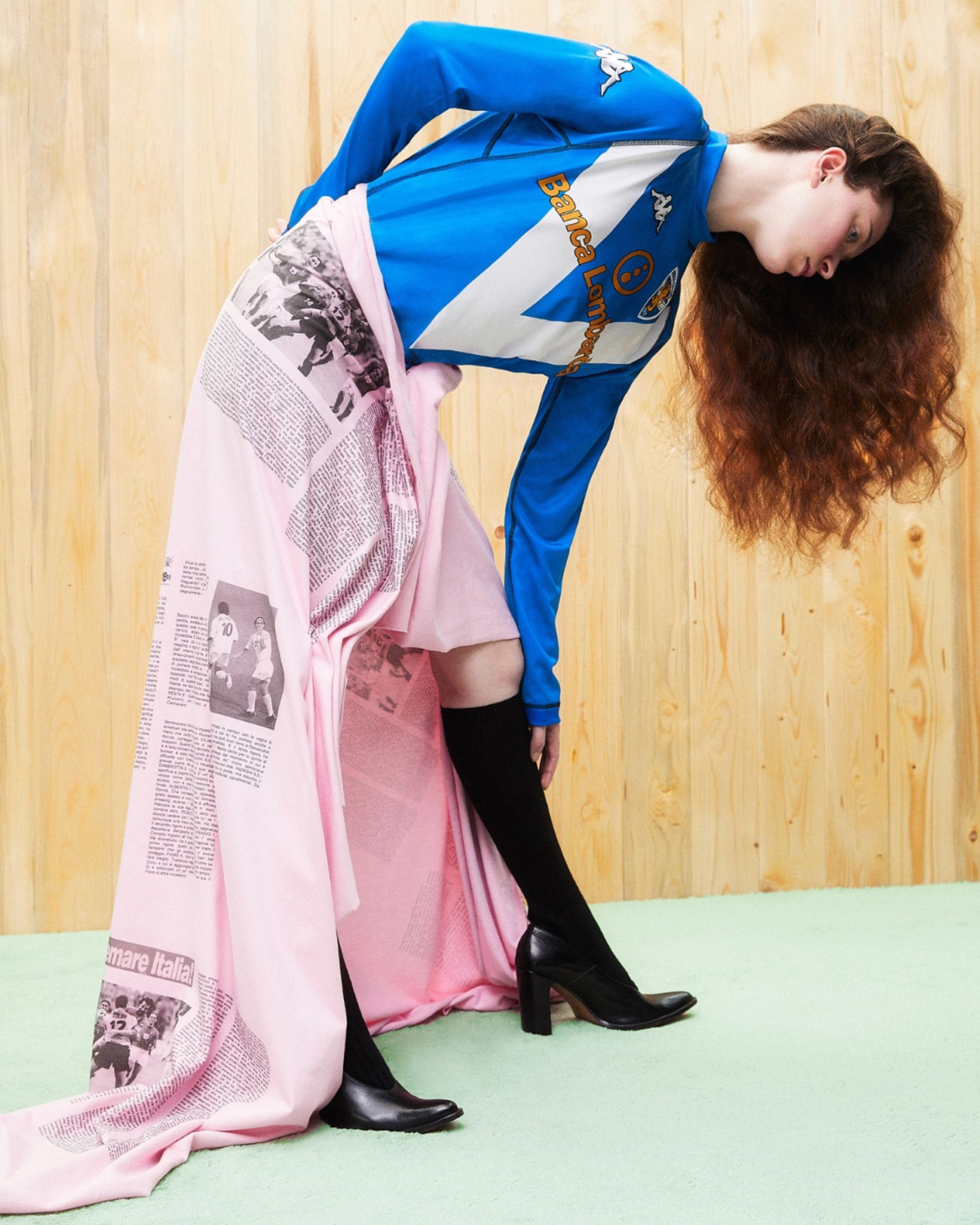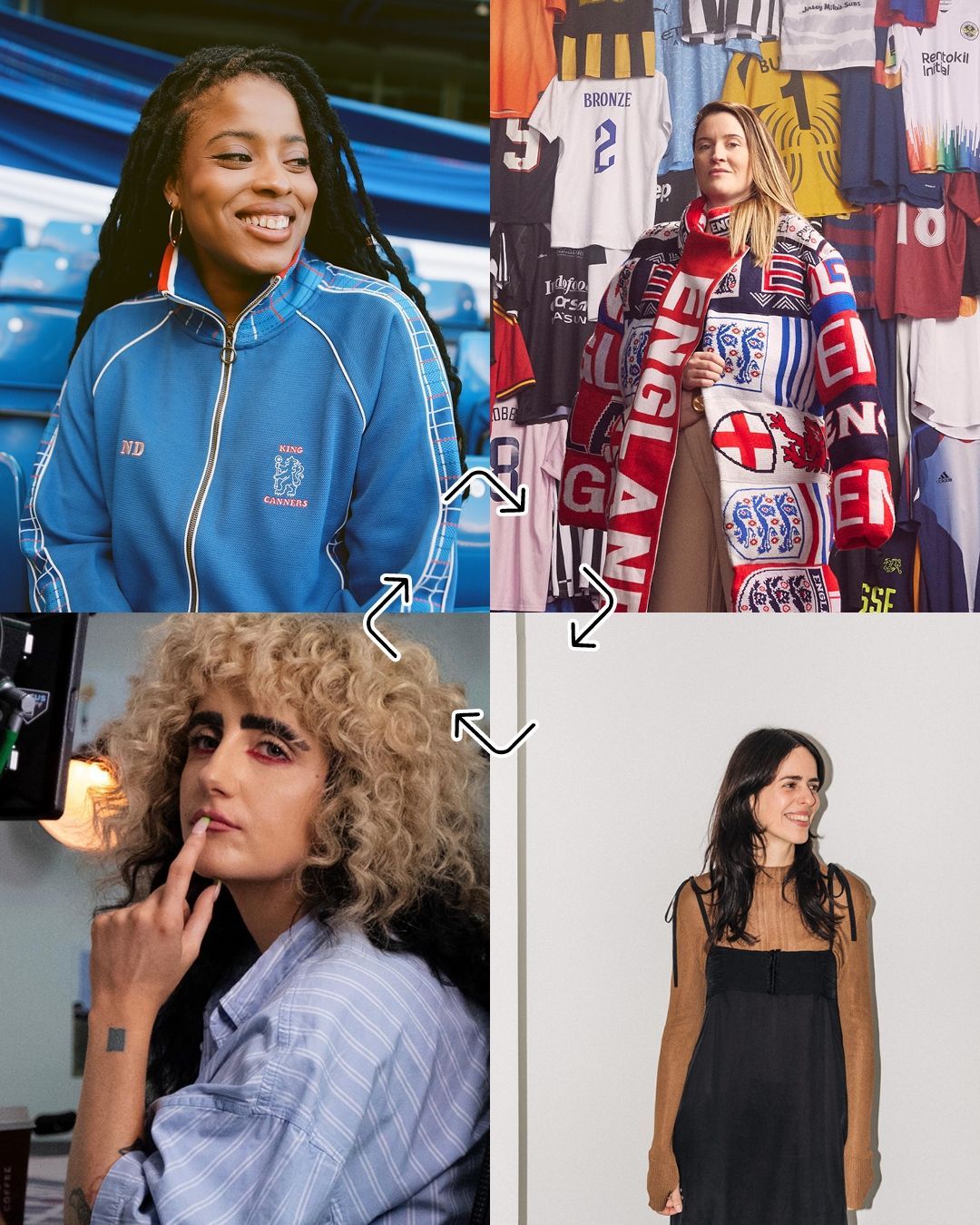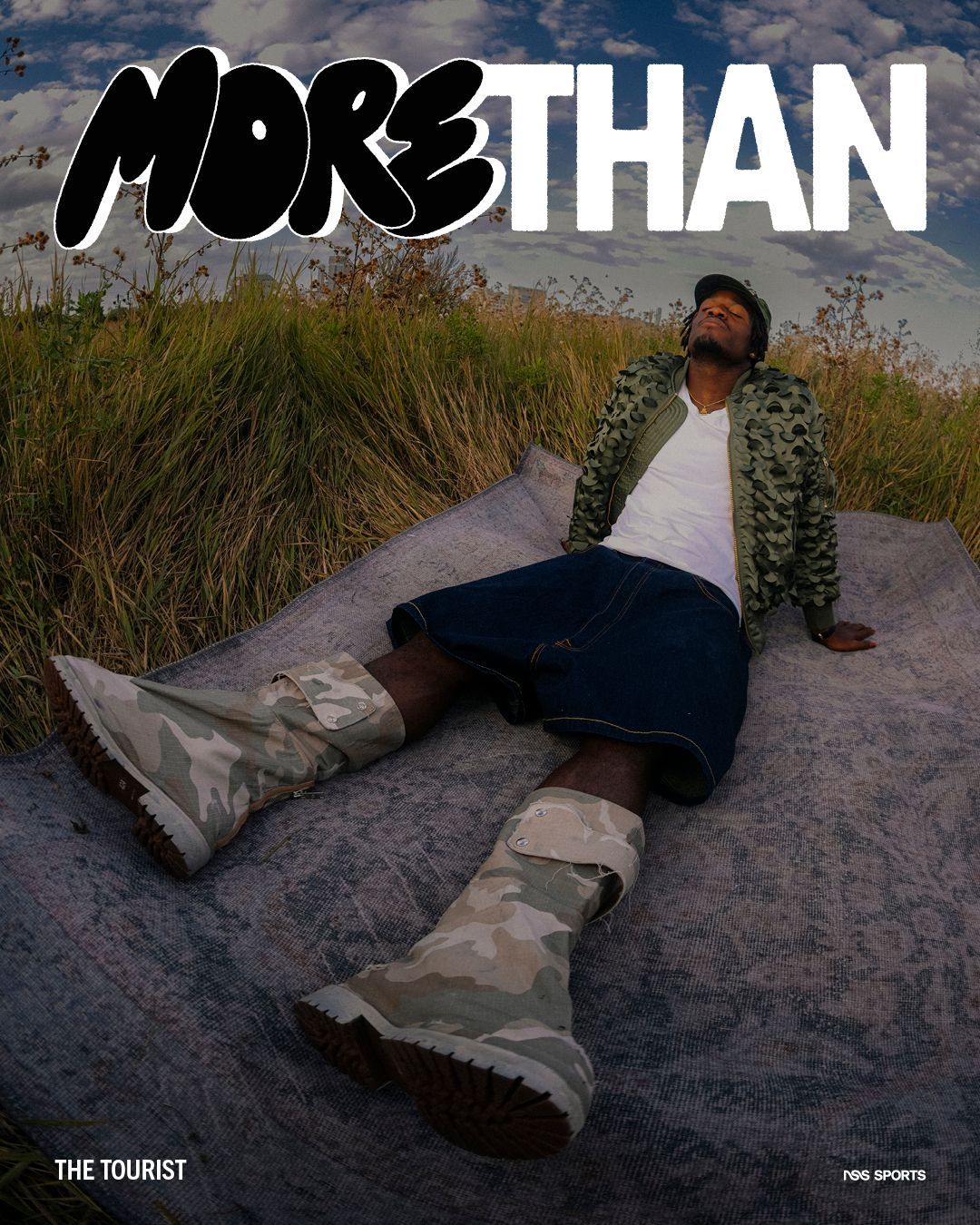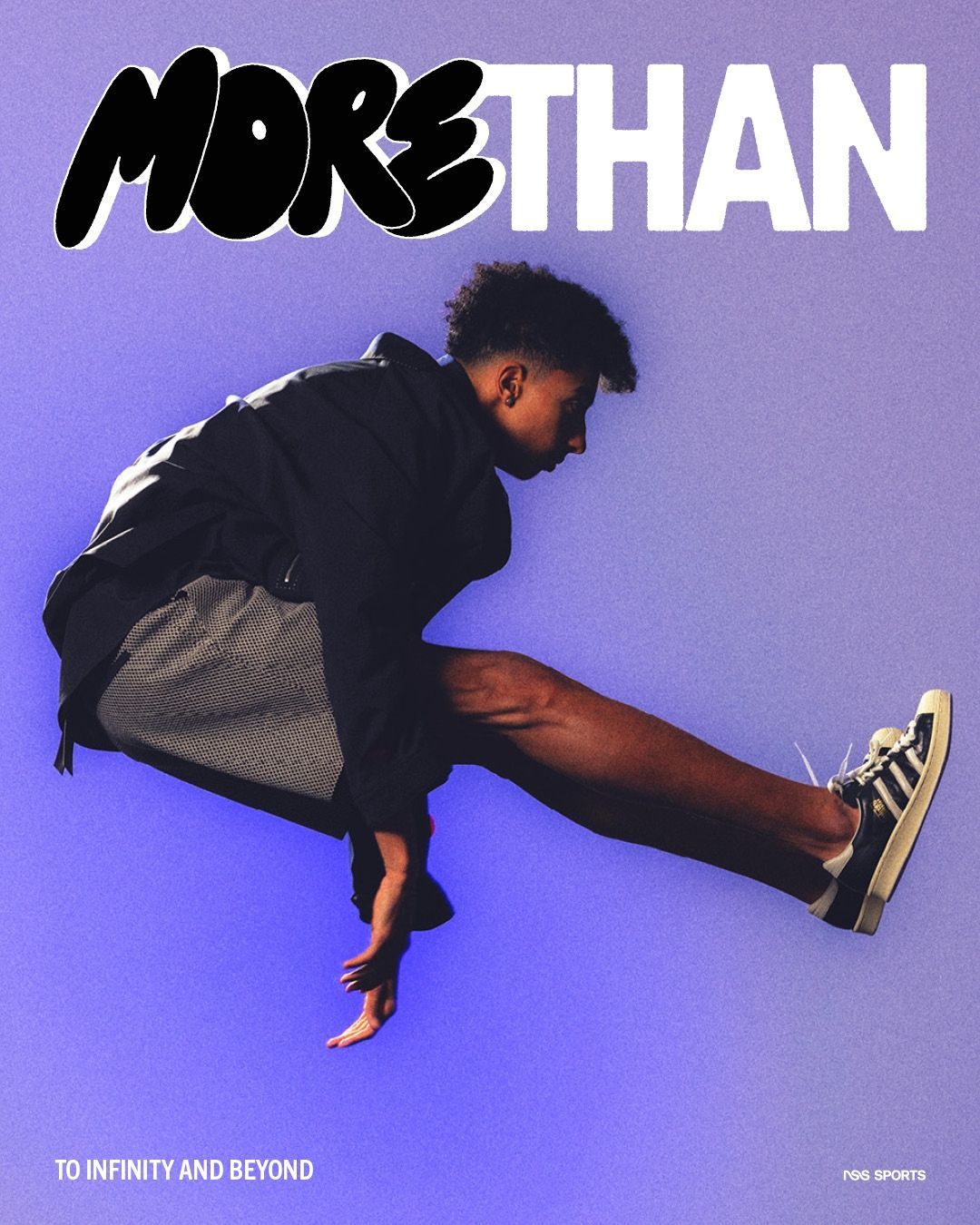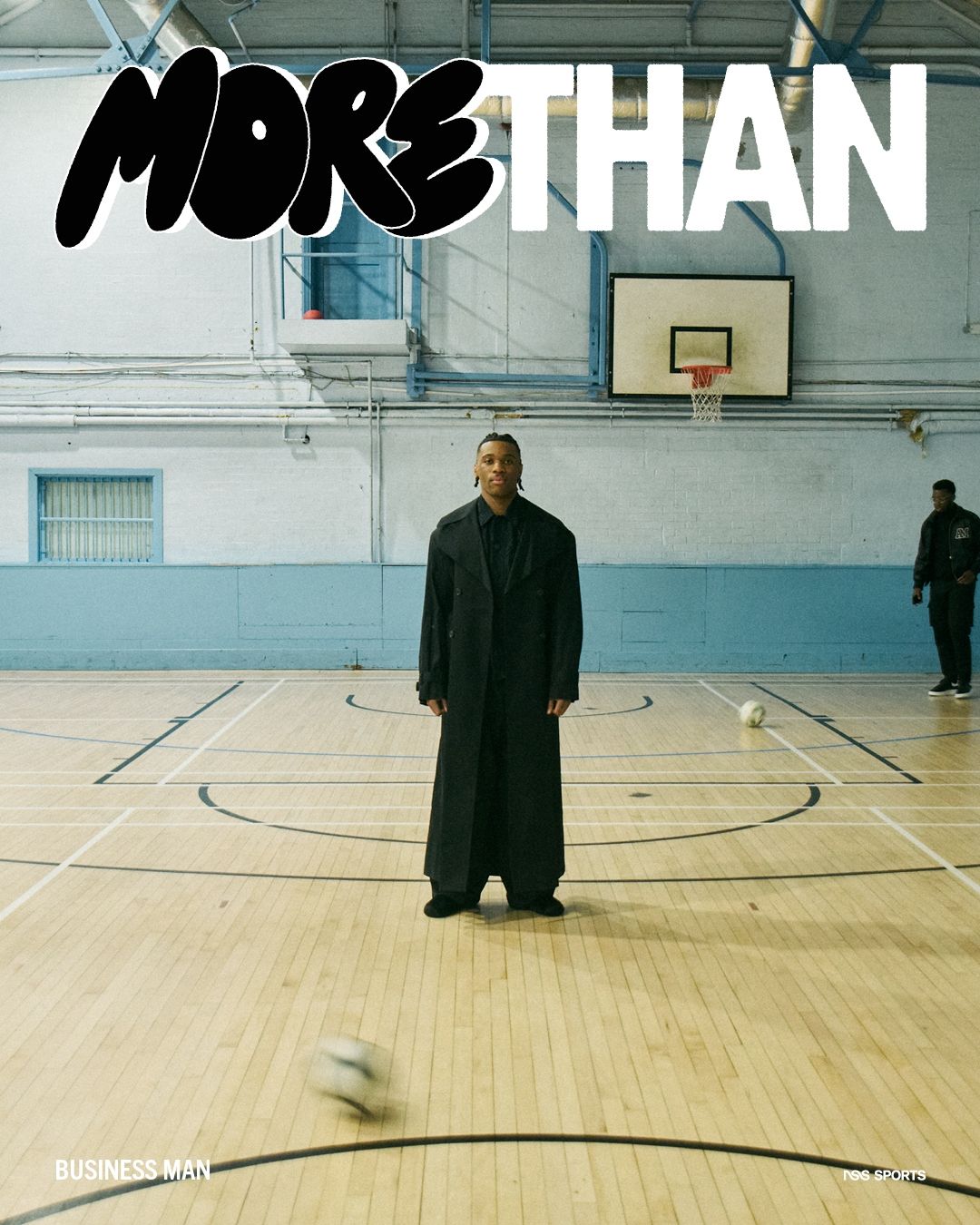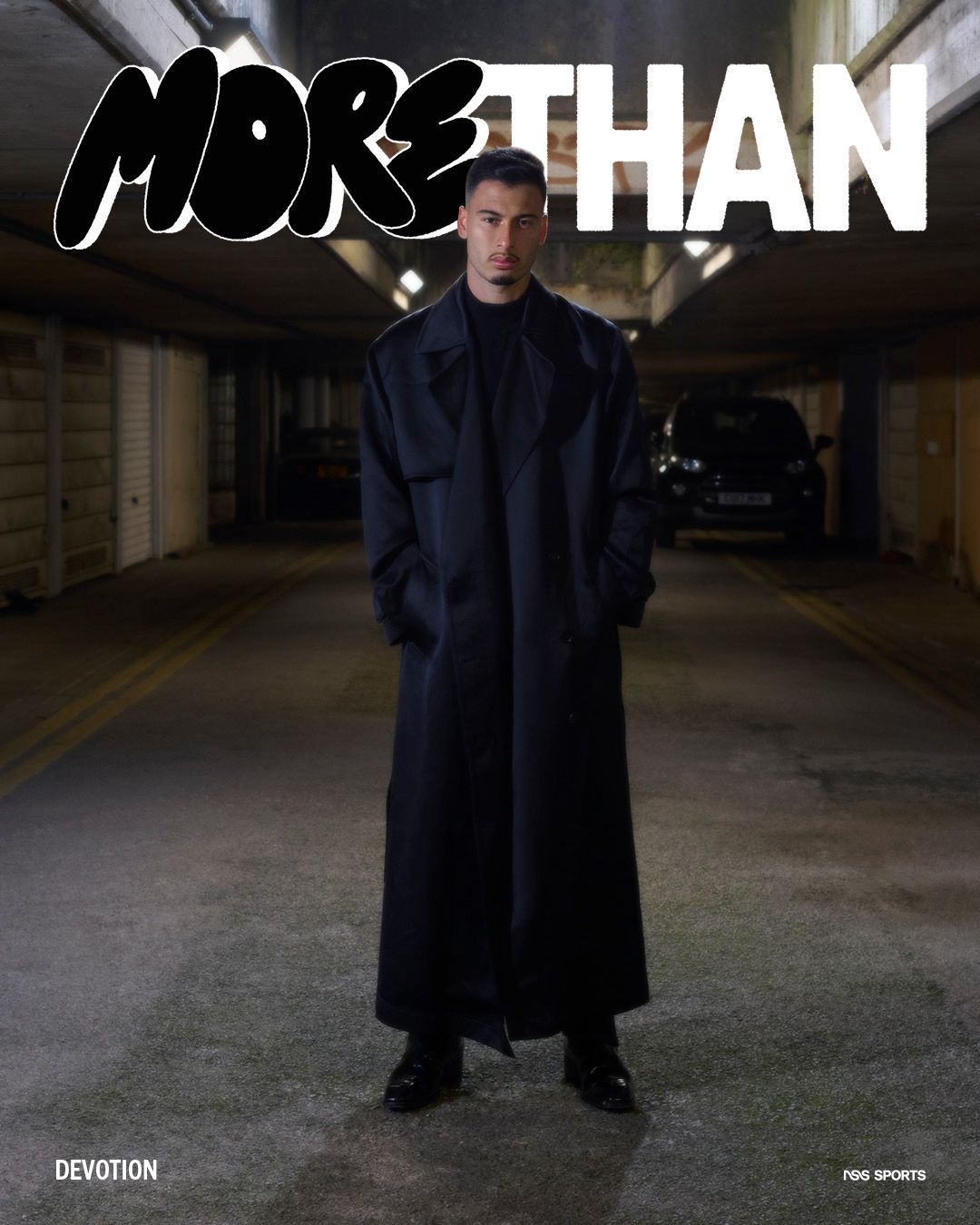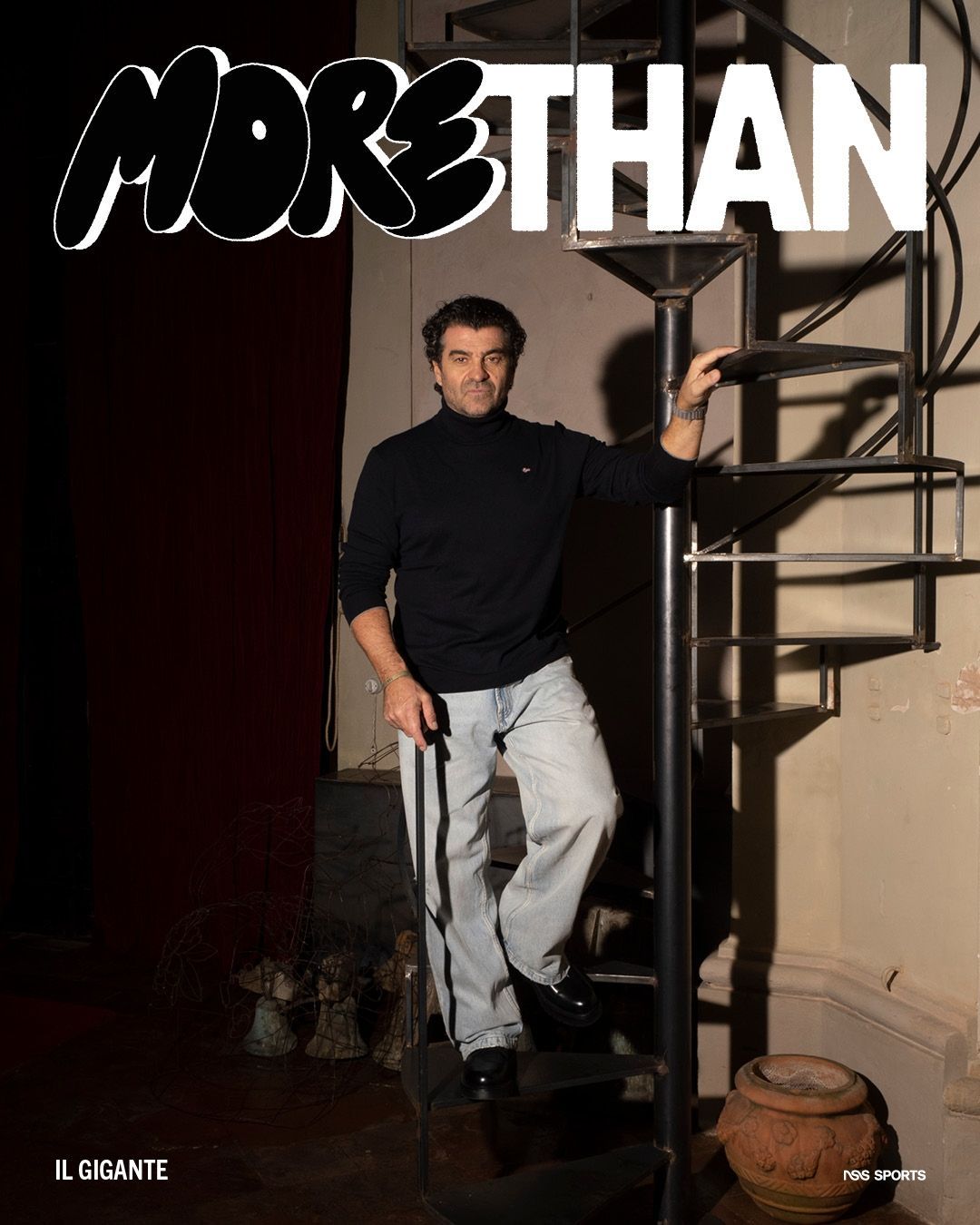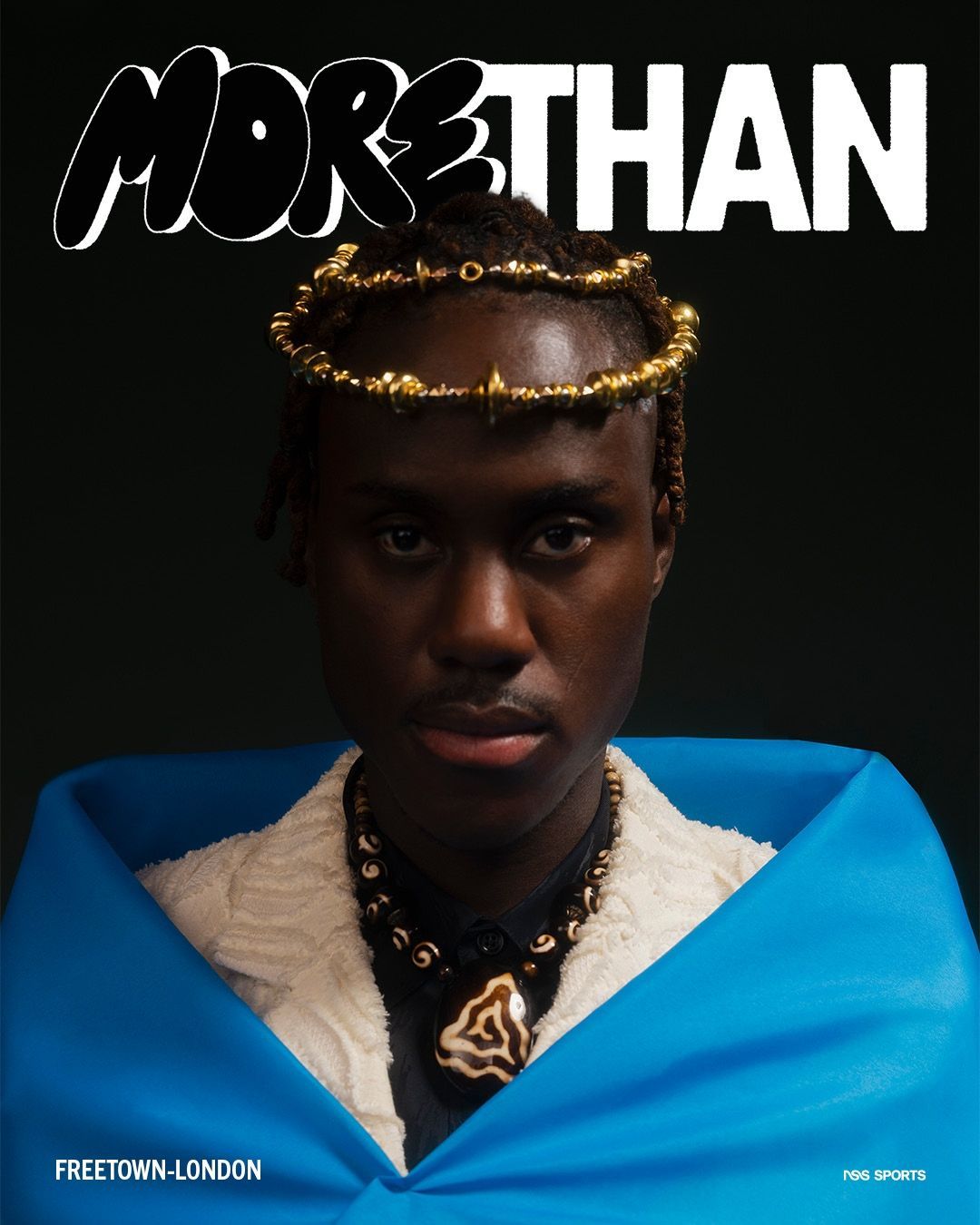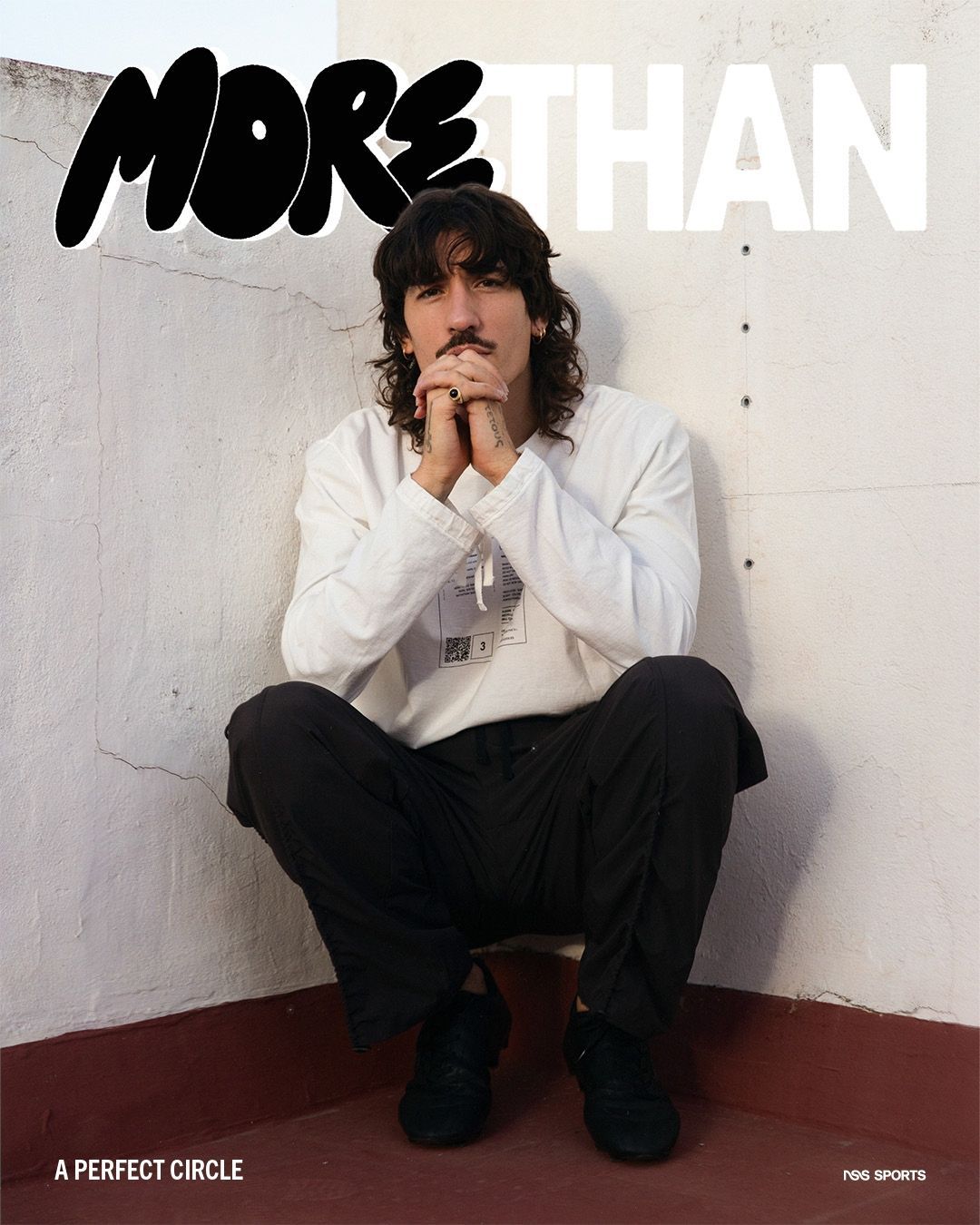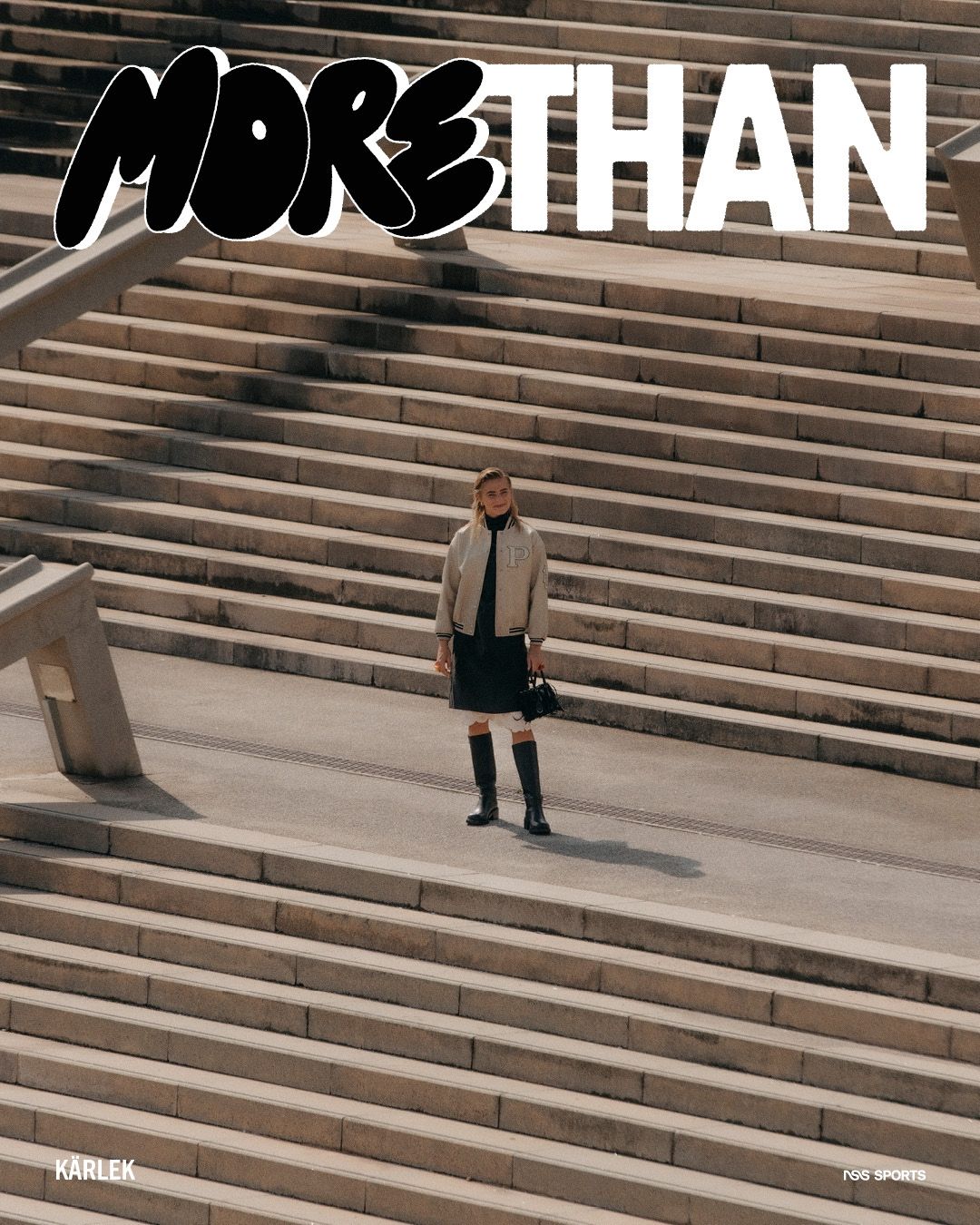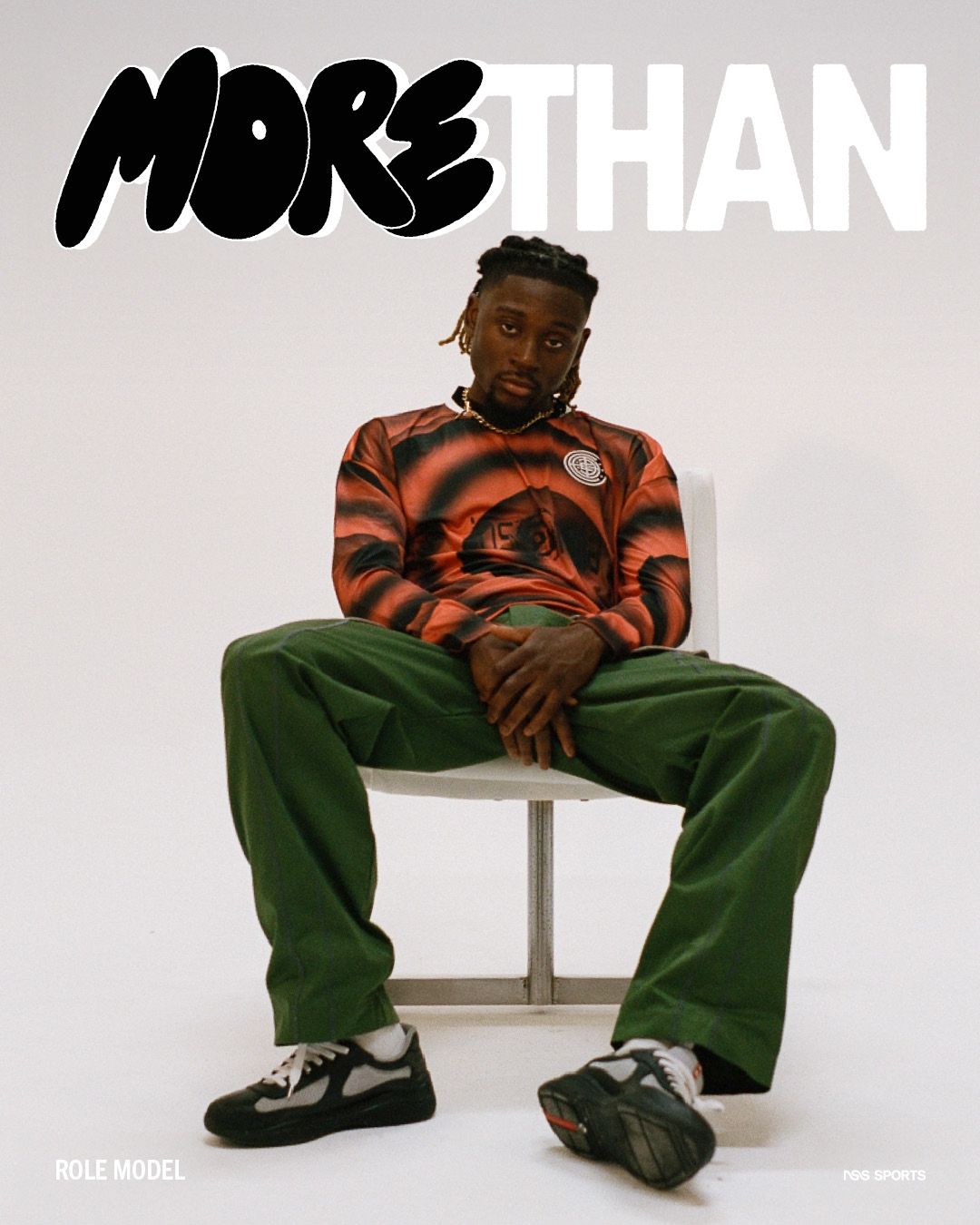
Oversized sleeves? Fuck'em, interview with Rio Ferdinand From Carrington to Aimé Leon Dore
«Braids, buzzcut - I’ve had all kinds of hairstyles at Manchester United. But the only time Sir Alex Ferguson got angry with me was when I showed up in Carrington with my hair sticking up in all directions after taking out my braids.»
Now 46 years old, Rio Ferdinand has been retired from professional football for over a decade. He works as a commentator for TNT Sports while running the Rio Ferdinand Foundation, a charity focused on creating opportunities for young people to empower equality, drive social mobility, and help them realize their potential. The foundation also offers internships with companies like Ralph Lauren, Aston Martin, and TNT Sports.
Rio will live forever in the memory of football fans, not only for his technical and athletic skills but also for being much more than just an athlete. He was one of those who helped shape the image of the 2000s. Just think of a player like Rio Ferdinand to understand how cool the Premier League was during that era. Oh, better call it the Barclays Premier League.
«I’ve felt great since I stopped playing football. I have five kids, and I love watching them grow up. I invest my money in the tech sector and also model sometimes. I couldn’t ask for more. I also enjoy commentating, though the emotions I felt on the pitch with Manchester United are a feeling I’ll never experience again.»
Rio Ferdinand is a true fashion icon. His consecration in the fashion world came with his appearance in World’s Neighborhood, the SS24 campaign by Aimé Leon Dore. Tank top, fisherman’s hat, and silk scarf tied around his neck. It's impossible to forget the face of a 2000s football legend like Ferdinand, someone who rarely didn’t have the spotlight on him, even when sharing the pitch with Cristiano Ronaldo or walking the streets of Manchester alongside Paul Scholes and Wayne Rooney. We met him in London, near Whitechapel; relaxed, he sips a cup of black coffee and begins to talk about his life, speaking of it with nothing but kind words. Football, in every form, is still on his mind.
«Sometimes I think I would love to be a footballer today. You know, I think about it when I do commentary for the big Champions League matches, usually. But mainly because I would love to use social media a lot and creatively. If I were a footballer, I would show everything on my Instagram. My personality, the things I own. I would use Instagram especially to intimidate my opponents. You know how cool it would be to intimidate your opponents on a social network? It would be so much fun. And you want to know something more? I wish I were a player today because I hated those oversized sleeve shirts we used to wear at United!».
Rio is someone who doesn't seem to have many qualms about saying certain things; probably, his career as a commentator has made him even more uninhibited. In any case, you could see from his young age that he had a disruptive personality, one without limits. This is also reflected in his passion for fashion, a powerful form of expression that defines you, and in Rio’s case, it defines his freedom to express himself however he likes.
«If I were a footballer today, I would want to be just like David Alaba; or Jules Koundé, yes, he’s the man. I would love to post my tunnel fits». For me, fashion is very important; it's a way to express my personality without speaking. I can’t believe that Hansi Flick has forbidden his players from dressing as they wish when they arrive at the stadium. In my case, it was very easy to get into the fashion world because my father is a tailor, he’s got really good taste, and was my fashion icon when I was a child. It was easy to get into fashion also because I was a footballer; it's simple: I earned a lot of money and could afford anything I wanted.»
The difference between today’s footballers and those from 20 or 30 years ago is that back then, it was not only difficult to find sportspeople interested in fashion, but it was practically impossible for mid-level players, who didn’t play in top leagues or top teams, to care about fashion. Now, the situation has completely changed, and even less-known footballers are interested in fashion because they have realized that there doesn’t need to be any correlation between one's aesthetic and football skills.
However, back in the day, it was more evident than it is today that footballers with a more recognizable style were also the most talented. In this huge gap between the superstars and the 'normal' players, the big names were included in advertising campaigns by sportswear giants like Nike, while the 'normal' players weren't even considered by fashion brands or emerging labels. This is why superstars like Rio Ferdinand, Luis Figo, Cristiano Ronaldo, and David Beckham developed a certain sensitivity toward aesthetics in general.
«Just think of one of Nike’s commercial videos, The Cage. One of the most famous. Starring me, Luis Figo, Thierry Henry, Fabio Cannavaro, Roberto Carlos. Nike was a brand on everyone’s lips, the hottest in the game, and everyone dreamed of wearing it. It was sportswear, yes, but above all, it was fashion. What I mean is that it was written in the stars that fashion would one day become a more strong passion of mine, but more importantly, that approaching fashion this way, thanks to football, in an era when the footballer passionate about clothing was far from any conventional stereotype, helped me enormously to broaden my areas of interest and the way I see things, the friendships I search for, and the relationships I maintain over time. Maybe this is also why Harry Styles is my bro, but that’s a long story…»

